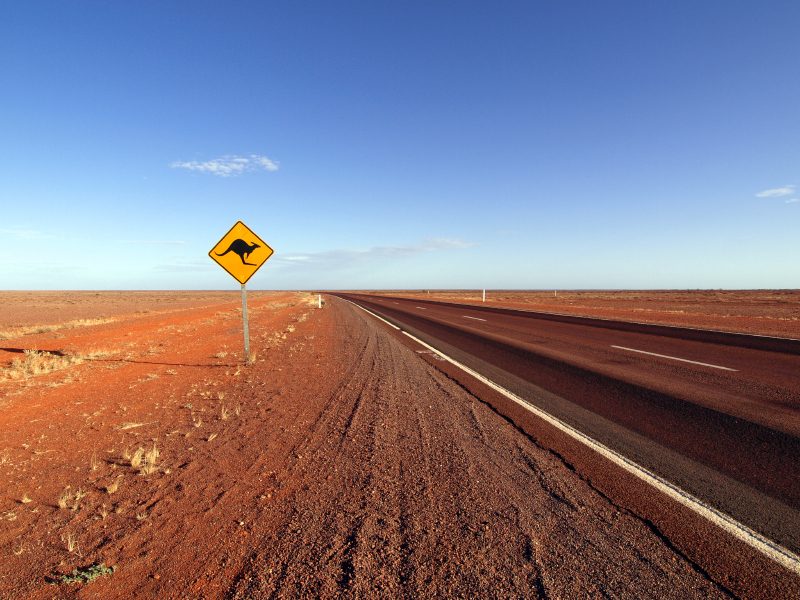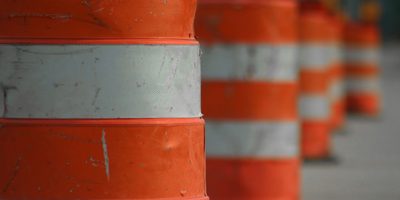
A passion for Indigenous health
The George targets disadvantaged populations around the world where access to basic health services may be restricted. The Institute is engaged in a number of programs working with Indigenous Australians that will have a positive, sustainable and measurable impact.
Three times a year, George Institute research fellow Marilyn Lyford catches a flight from Sydney to Dubbo, then sets out on the four hour drive to the dusty outback town of Bourke in the far west of NSW.
The journey reminds her each time of the disadvantages that confront Indigenous communities in rural Australia - the remoteness and isolation, and the sheer scale of the distances involved.
But it also gives her inspiration. "It’s an amazing insight to go to these places and see the strength of the community, against all the odds," she says. "And it brings home to me the qualities I admire in Indigenous people - their resilience, their forgiveness, their pride, and their determination."
Marilyn, who works in The George Institute’s Injury Division, is currently organising an Indigenous Road Safety Pilot Study at Bourke. "We have consulted with focus groups and completed a questionnaire survey to identify road safety issues for the community," she explains.
"We know for some Aboriginal people there are barriers to gaining a driver’s licence and we want to understand more. They may have difficulty with written English, the high cost of driving lessons, or obtain a birth certificate.
We also know there are concerns around speeding and driving without seatbelts or child restraints." The results from this project will help identify specific rural and remote issues and guide further research and policy recommendations.
The way forward, she maintains, involves a partnership with the Bourke Aboriginal Health Service and the Bourke Aboriginal Community Working Party.
"In most cases the community knows how to solve their own problems. It’s very much a case of us listening and letting the community talk to us about what their issues are."
After working in nursing she completed a health sciences degree at Edith Cowan University in Western Australia 15 years ago, and committed herself to working in health promotion.
Then at Royal Life Saving WA she worked on the Remote Aboriginal Swimming Pools project in three Aboriginal communities in the Pilbara and Gascoyne regions of Western Australia.
In 2003 Marilyn joined The George Institute. "I love working at the George, with its emphasis on cultural diversity," she says.
Marilyn is passionate about social justice issues and has a problem with those who are judgmental and instead of appreciating other cultures judge others by their own value system. "My hope is that we can move forward on this through ongoing reconciliation activities". In the future she plans to explore Australia even more closely, but for now she finds relaxation in watercolour painting, yoga, sailing and bushwalking. And she is already looking forward to her next trip to Bourke.
"Recently I read about an Aboriginal colleague who said to a researcher, ‘If we let you into our community and make friends with you, it’s for life’.



